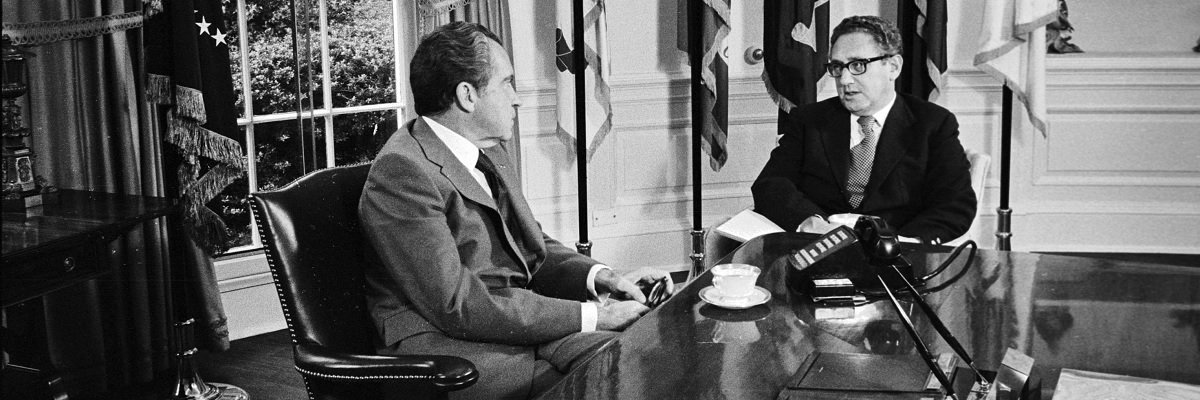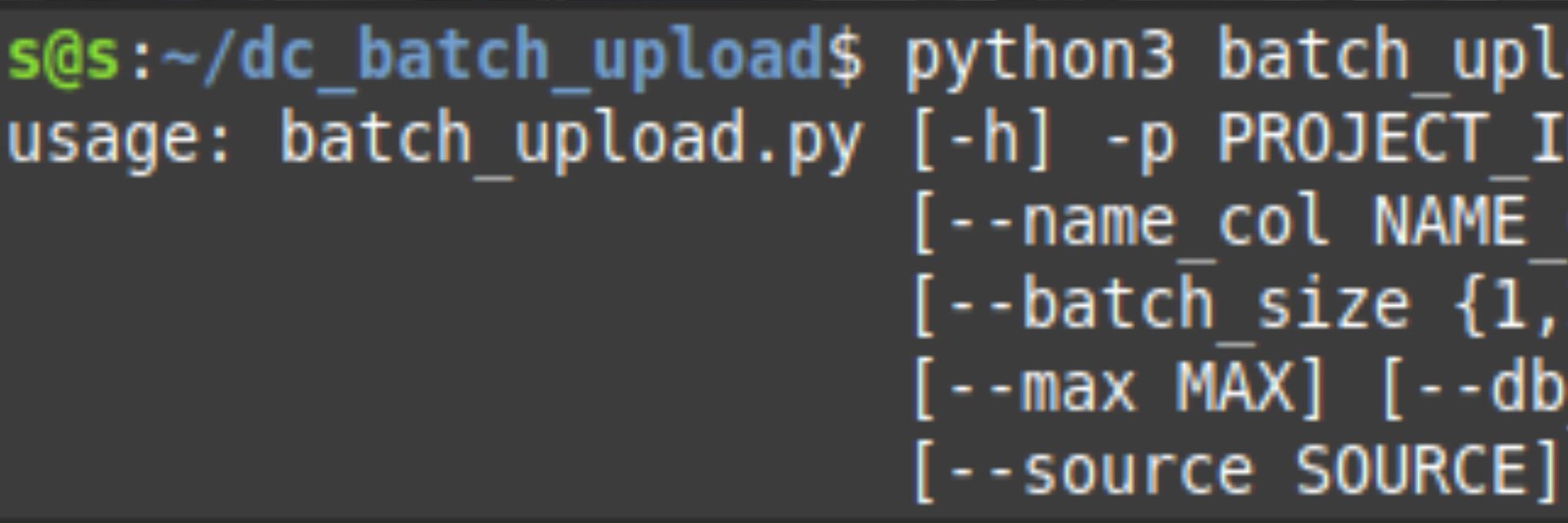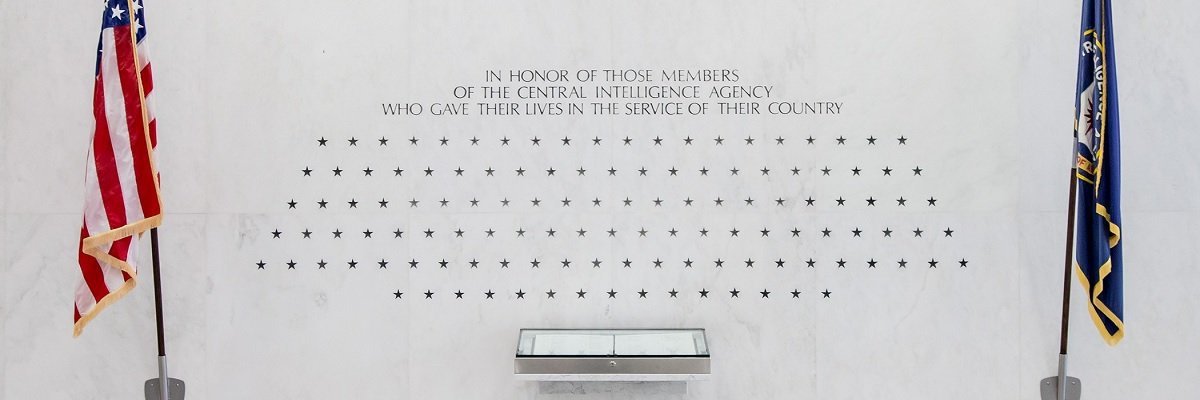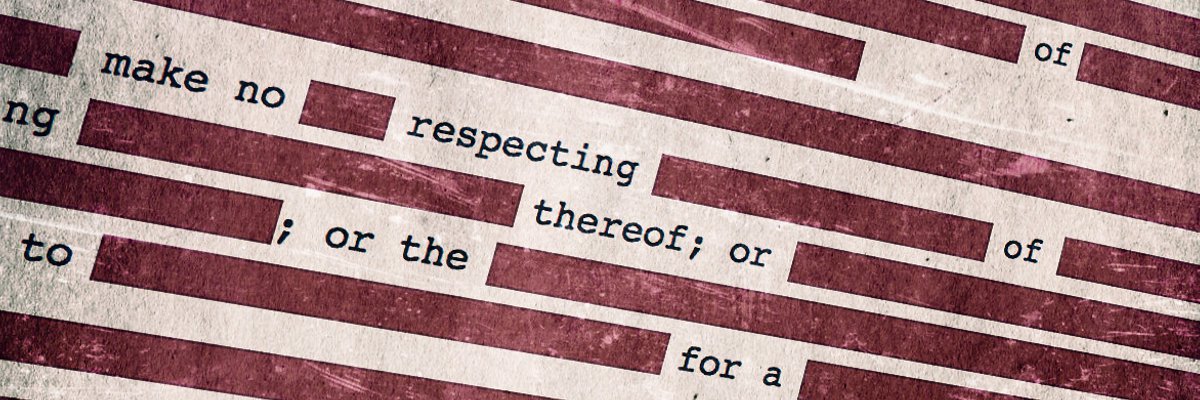A formerly SECRET CIA memo found in the Kissinger archives shows the Agency’s lawyers arguing that they should consider dropping “the myth of presidential plausible deniability.” Citing Kissinger’s public statements about Presidential involvement, the Agency argued that the pretext of presidential deniability was largely moot and enabled the “Rogue Elephant concept” of CIA. To the Agency, it was preferable that the public know that “that no major covert action can be undertaken without presidential responsibility.”

The matter must have been a sensitive subject to CIA, since the Rockefeller Commission’s report on some of CIA’s more questionable activities had been issued only a few months earlier. The Agency notes “that Congress and the American public will insist on Presidential approval despite the risks this entails to the Chief Executive’s prestige and credibility.” The Agency proceeded to immediately argue, however, that the President didn’t need to be told everything - especially if it involved “media operations.”
They argued that these and other operations were so inexpensive and so commonplace that they didn’t require Presidential approval or Congressional notification. This included “hundreds of minor media operations” and the many ”contracts” [sic] which the Agency referred to as “agents of influence.” According to CIA’s memo, this was something which people simply needed to understand and accept.

The memo concluded by noting that CIA was “free of external controls” over their “collection activities.” However, there was concern that some wanted CIA’s collection procedures and covert operations to be subject to review by the NSC and/or the relevant Ambassadors. According to the Agency memo, “this would be most inhibiting” and “would seriously erode the Director’s ability to protect sources and methods.” With this in mind, the memo implored the Agency to avoid any legislation that would “even implicitly” subject CIA’s intelligence collection to controls beyond the Agency. The only exception is “when there is exceptional risk.” However, CIA “must remain the Agency which determines risk.”

In other words, the Agency memo argued that CIA should only be subject to oversight and external control when it chooses to be. Notably, the memo’s author, John H. Waller, was appointed as CIA’s Inspector General (IG) the following July. During his tenure as CIA’s IG, he issued the report that dubiously exonerating Ted Shackley and Thomas Clines in regards the Arms for Libya case. After his retirement for the Agency, he played a part in creating a legal fund that helped CIA officers implicated and under investigation in the Iran-Contra scandal. CIA officers under investigation included Ted Shackley and Thomas Clines.
The full memo is embedded below:
Like M Best’s work? Support them on Patreon.
Image via Wikimedia Commons




